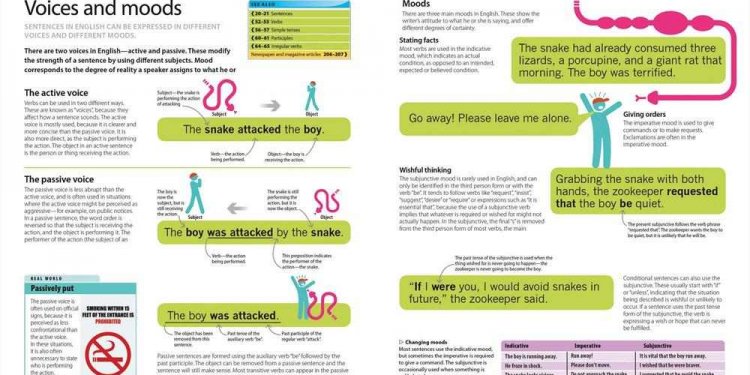
English language essay writing
 Lindsay Warwick discusses the challenges that pupils face whenever composing essays, and just how the process composing method can help to plan extensive writing assignments. Lindsay Warwick is an instructor, trainer and materials writer. She is co-author associated with upcoming Milestones in English A2 and B1+ Student’s Books, publishing in January 2016.
Lindsay Warwick discusses the challenges that pupils face whenever composing essays, and just how the process composing method can help to plan extensive writing assignments. Lindsay Warwick is an instructor, trainer and materials writer. She is co-author associated with upcoming Milestones in English A2 and B1+ Student’s Books, publishing in January 2016.
As those using the services of students understanding how to learn in English know, it requires numerous skills than those included in academic English exams. Needless to say pupils need effective English language skills and learning strategies to allow all of them to know and produce academic material. But my time teaching business studies on a university basis training course features taught me that young adults may not have developed scholastic skills in their own language and frequently need the time and area to learn these besides their English skills.
Element of my part would be to set and mark company tasks published by a small grouping of worldwide pupils. My focus was regarding material assessment as opposed to the language evaluation (for an excellent change) which was carried out by a colleague. Students had had a lot of input about how to supply appropriate information and include a bibliography however these nevertheless proved a problem for a few students. On line cheat essays were used as resources and pupils had been surprised why these are not academically appropriate. All things considered, they’d referenced the site, they said.
Despite having been made completely alert to dilemmas of plagiarism and having had rehearse in researching and synthesizing information much more managed tasks, not absolutely all students seemed easily capable use these ways to prolonged writing in subject topics. In light of the, in my opinion that following a process composing way of preparing students for writing extended projects can be quite advantageous; especially, building up from brief to longer texts that need exploring and authoring other author’s points of view.
You will find three key phases towards writing process: Pre-writing, drafting and redrafting, and modifying (Hedge, 2005). Supporters state it encourages students to activate aided by the writing procedure more totally including learn how to compose because they write.
In my situation the most crucial advantageous asset of this process is the fact that it allows pupils to receive feedback from their tutor and classmates at each stage of these writing instead of only at the conclusion. Suggestions has actually one of the most significant, positive effects on discovering (Hattie 2013) and helps pupils to enhance their strategy and techniques while they compose. Besides, pupils figure out how to peer and self-assess that are additionally crucial the different parts of discovering (Ebony & William, 2001) and of use abilities for college students.
An ongoing process composing method of an extended piece of writing might include the next.
- Generating tips: pupils share and concern each other’s tips in order to generate further ideas and develop higher order thinking abilities. Strategies like ‘cubing’ can be quite helpful right here for example. viewing a subject from six various views. You could begin with an easy What? In Which? Why? When? Who? How?
- Research: pupils be sure each other’s sources are academically acceptable to avoid referencing dilemmas from the start. Motivating pupils to make use of a totally free on line citation device from the beginning (e.g. zotero) means they may be able bookmark research material and also it develop a bibliography for all of them at the conclusion. Pupils not any longer need certainly to scrabble around inside their browser record discover an article they vaguely remember seeing three weeks ago.
- Planning: teacher/students assess intends to pre-empt dilemmas of organisation and synthesis. Instructors might also want to include their opinions, either every single student’s plan or by taking one or two (unknown) plans and talking about these with the complete class.
- Draft 1: teacher/students offer comments on content, organization, synthesis and referencing to date to simply help move the student forward in their after that draft.
- Last draft: pupils peer assess for precision to aid final editing.
If students tend to be paired with equivalent student throughout this procedure, they can truly help one another and determine just how each other’s work is rolling out. It will encourage lots of expression, both self- and peer, which will help develop metacognition. However, in my opinion, for self- and peer evaluation to be successful, assessment criteria ought to be made clear to pupils so they really have some thing to evaluate against whenever giving comments e.g. Other author’s work will undoubtedly be referenced accordingly. Language prompts could also be helpful students provide useful feedback (example. You referenced XXX well. I believe you ought to reference…next time).
Whether a teacher should be able to spending some time offering feedback to all or any students after all phases depends very much from the wide range of pupils and time they have. But by using self- and peer assessment, students can learn from both, develop meta-cognition and develop essential extensive writing abilities as they write without having to wait until their particular after that project to place feedback into practice when it was forgotten.
Recommendations and additional Reading















